KATHMANDU: Country Manager of The World Bank Nepal, South Asia Faris H. Hadad-Zervos has said that he was optimistic that Nepal has a positive future in terms of economic development.
“A wonderful window of opportunity is open in Nepal and hopeful it will remain open,” he said at a program organized to present a paper on ‘Nepal Development Update 2019’ organized by the Institute for Strategic and Socio-Economic Research (ISSR), Pavilion Group and The World Bank at the Durbarmarg-based Pavilion Hall on Thursday.
He said he was taken aback by absolute resilience of Nepali people and Nepali economy, adding that all efforts should be made to exploit the ‘open window before it closes, and to ensure it doesn’t close’.
“Nepal suffered a decade of violence, then a period of transition with governments lasting less than a year. Then, three major things happened in 2015 — the constitution promulgation, earthquake and a trade challenge. It was followed in 2017 by floods,” he said,” Despite all that, Nepal is implementing federalism in a very impressive manner and the economy is moving forward vibrantly.”
Saying that Nepal is achieving impressive growth rate and will continue to do, he stressed on the need to make sure that Nepal’s growth moves from consumption to investment.
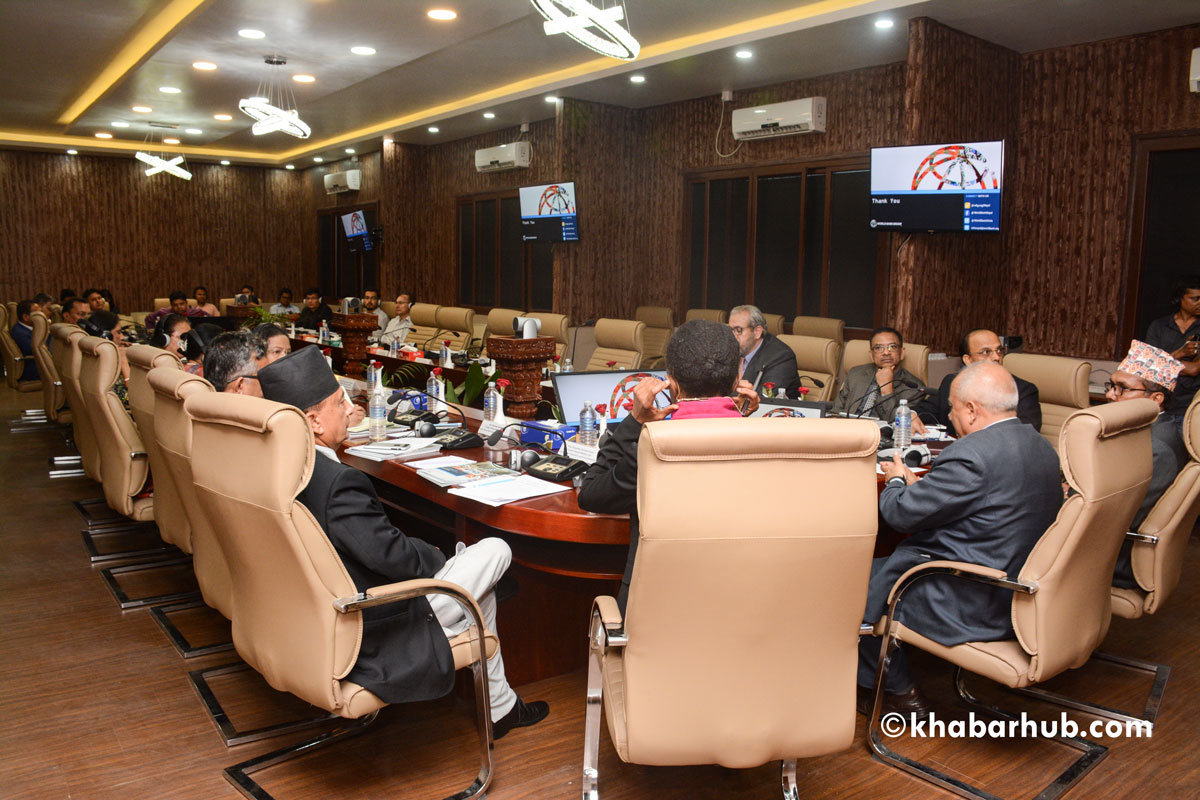
“Investment-oriented growth will create jobs and this is what we want to do,” Faris stressed, adding that the World Bank saw that enhancing the current investment climate was the number one priority for the country. He added that the true judge of this change are investors who actually complete a transaction in Nepal and who report back that the country is truly open for business.
He further said that Nepal needs to create an environment in which foreign investment and Nepali investment from outside comes in.
Also speaking, former Finance Minister Gyanendra Bahadur Karki said that Nepal’s several economic indicators are positive but there are many things Nepal’s needs to do.
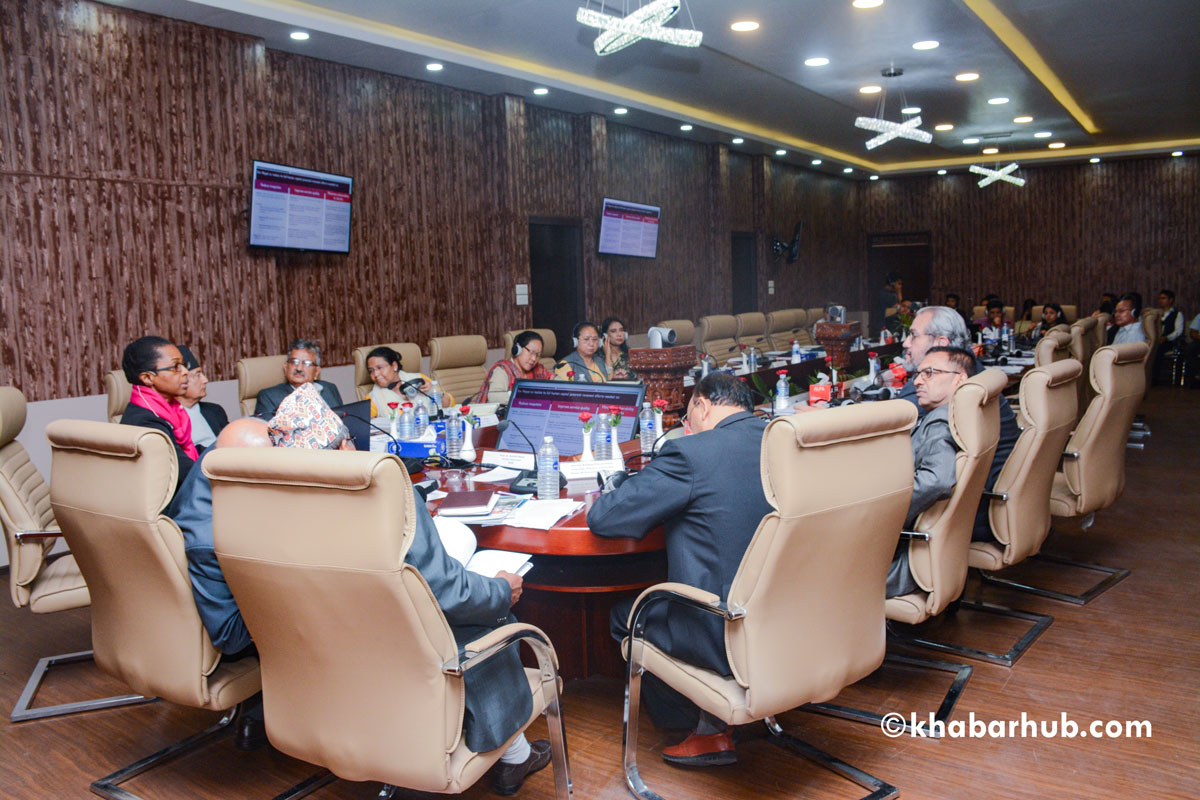
“Nepal’s growth for the past three years is satisfactory but it is depended on consumption and private sector investment. Consumption-led growth is not a long term growth,” he said, “We need to focus on achieving sustainable growth and it can be achieved only if we increase investment and improve the technology.”
Similarly, former Finance Minister Surendra Pande remarked that it was good that some economic trends in Nepal are positive.
He said that Nepal needs to be serious on reducing trade deficits and generating employment within the country by decreasing dependency on remittance and increasing reserve of foreign currencies which according to him is very challenging.
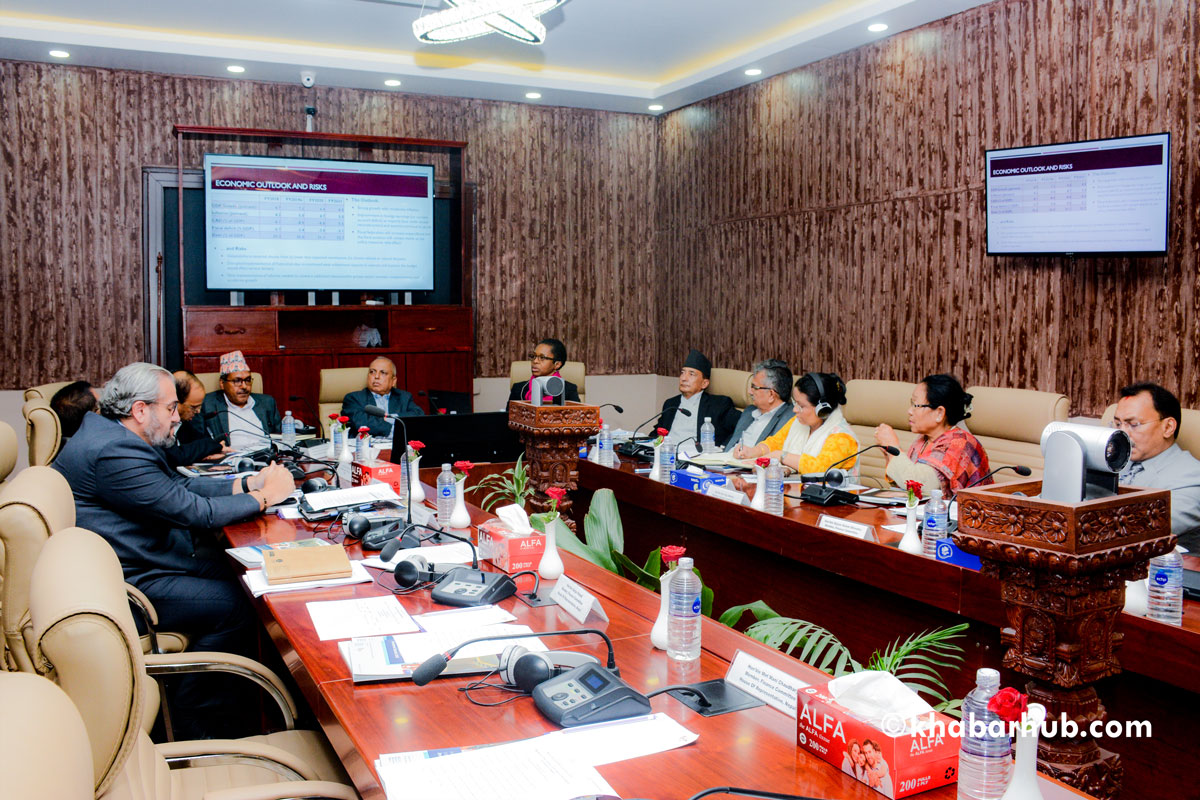
Likewise, Chairman of Finance Committee Krishna Prasad Dahal said Nepal is in a better condition in South Asia if the current economic growth is taken into account, adding many challenges are ahead.
“Nepal was successful in creating political stability which made the economy vibrant. We need to increase our spending capacity further,” he suggested.
ISSR Member and Chairman of Pavilion Group Naresh Shrestha said that investment-friendly climate is yet to be created in Nepal as investors are still going through different hurdles.
“Yes, some legal provisions have been made investment-friendly. But, the investment and documentation process is very hectic which is discouraging potential investors,” he said.
On Nepal Tourism Year 2020, he suggested that Nepal needs to focus on bringing quality tourists rather than focusing on increasing the numbers of tourists.
Likewise, Senior Economist of The World Bank, Nepal Kenechukwu Maria Ezemenari, senior economists Dadhi Adhikari and Govinda Nepal and lawmakers among others aired their view on Nepal’s current economic scenarios and suggested improvement to make the economy more vibrant and sustainable.
“Yes, some legal provisions have been made investment-friendly. But, the investment and documentation process is very hectic which is discouraging potential investors,” he said.
On Nepal Tourism Year 2020, he suggested that Nepal needs to focus on bringing quality tourists rather than focusing on increasing the numbers of tourists.
Likewise, Senior Economist of The World Bank, Nepal Kenechukwu Maria Ezemenari, senior economists Dadhi Adhikari and Govinda Nepal and lawmakers among others aired their view on Nepal’s current economic scenarios and suggested improvement to make the economy more vibrant and sustainable.


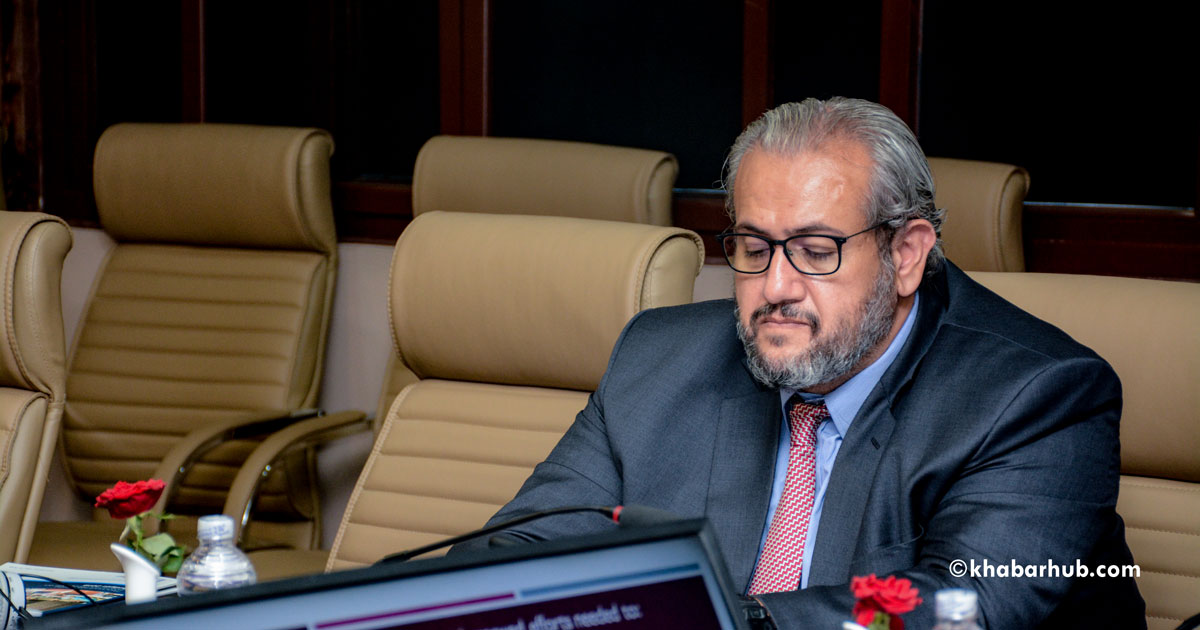
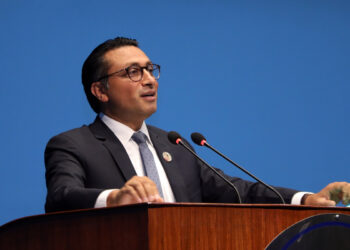


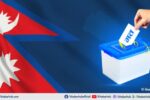
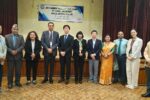

Comment